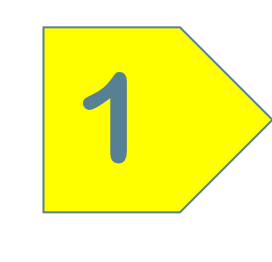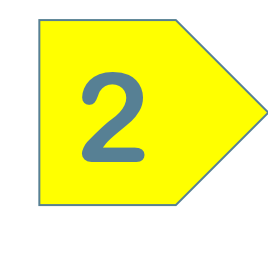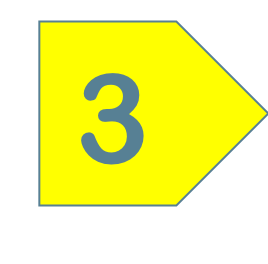Provisions of the ADA |
Page 4 |
The Americans with Disabilities Act has three main points that child care centers must be aware of and adhere to. Below are the three basic requirements of the ADA from the Child Care and the Americans with Disabilities Act ADA Opportunities and Resources for Child Care Providers and Families First Edition 2001 Revised 2012, published by Center for Children with Special Needs and the Washington State Department of Health.
Terms and Explanations
|
Direct Threat
This is defined as a child’s health condition posing a significant threat to the safety and wellbeing of the other children in care. Caregivers must determine this based on factual evidence and not assumptions or stereotypes. Some examples may be: a history of violence, or a communicable disease. Undue Burden
Changes or alterations to the program that would incur significant cost or difficulty. |
Reasonable Modifications
This refers to changes that can be made to a program without too much expense or difficulty. These are unique to each program and can include simple things such as lowering hooks for jackets and backpacks. Auxiliary Aids and Services
These are communication assistance programs, services, or devices and include a wide range of things from an interpreter to assistive technology. |
Each program has its own set of unique features and components that alter each of these potential categories and how they may or may not be interpreted. The biggest take-away from these terms is to examine your program to see what a reasonable modification looks like and to avoid any undue burdens or direct threats. Typically there are multiple options without spending much money or extended effort to be ADA compliant in a reasonable manner.
Course Navigation Menu
|
|





